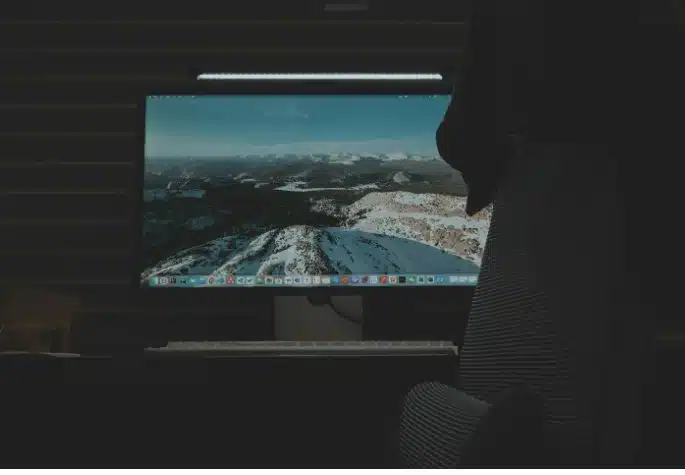What Is Green Waste and What Ways to Dispose of It?

Green waste, encompassing the diverse spectrum of organic materials arising from gardens, landscapes, and agriculture, often gets relegated to the “yard trimmings” category. For further research about green waste removal be sure to head over to WM Waste Management Services. But beneath that broad label lies a wealth of potential and responsibility. Responsible management of green waste isn’t just about decluttering your yard; it’s about contributing to a sustainable future and nurturing the very environment that sustains us.
The Ripple Effect of Improper Disposal:
Landfills, the traditional dumping grounds for green waste, harbour a dark secret: they’re major contributors to methane emissions, a greenhouse gas 25 times more potent than carbon dioxide at trapping heat. Additionally, decomposing organic matter in landfills generates leachate, a toxic liquid that can contaminate soil and water sources. These consequences highlight the urgent need for alternative solutions, and fortunately, green waste holds the key to its own transformation.
Taking Action: Where Does Your Green Waste Go?
Understanding the importance of green waste management is crucial, but the journey doesn’t end there. Several responsible disposal options exist, tailored to your resources and local infrastructure:
Curbside collection:
Many municipalities offer green waste collection services, conveniently whisking away your yard trimmings and food scraps for composting or other sustainable processing. Remember to check local guidelines for accepted materials and sorting requirements.
Drop-off facilities:
Recycling centres or composting facilities often welcome green waste drop-offs. Research facilities near you, understand their guidelines and fees and make responsible use of these community resources.
Private composting services:
For those lacking the space or time for backyard composting, subscription-based services collect your green waste and transform it into usable compost for a fee. Explore reputable companies in your area and consider the environmental benefits they offer.
Backyard composting:
If you have the space and inclination, setting up a backyard compost bin empowers you to close the loop and create nutrient-rich fertilizer for your garden. Numerous resources and online tutorials guide you through the process, making it an accessible and rewarding endeavour.
Every Step Counts: Building a Greener Future:
Even smaller steps rise to a great future. Consider these additional tips to minimize waste generation and maximize responsible management:
Embrace natural lawn care:
Reduce the need for grass clippings by letting your lawn grow taller, using a mulching mower, or considering alternatives like clover lawns.
Embrace reusable alternatives:
Opt for reusable cloth bags instead of plastic produce bags, coffee filters instead of disposables, and food storage containers instead of cling wrap. The small things make a collective bigger impact
Support businesses with a green thumb:
Choose businesses and organizations that prioritize sustainable practices like composting or offering reusable options.
Conclusion
By understanding the multifaceted world of green waste and taking informed action, we can collectively move towards a future where waste becomes a resource, and responsible management becomes the norm. Let’s embrace the potential of green waste and cultivate a more sustainable tomorrow, one mindful action at a time.

How Sales Teams Increased Productivity with Parallel Dialers

Curtain Dry Cleaning and Leather Sofa Cleaning – Reliable Care by Duo Nini

Brian Ferdinand of EverForward Trading Joins Forbes Finance Council, Expanding His Voice on Markets and Risk

How Technology Is Changing Addiction Recovery in the Digital Age.

Our First Winter Trip to Aspen — And the Decision That Made It Stress-Free

Fresh Tips on How to Grow YouTube Followers: Best Methods

Picuki: The Ultimate Instagram Viewer and Editor Tool

5 Windows 11 Tips to Enhance Your Online Gaming Experience








